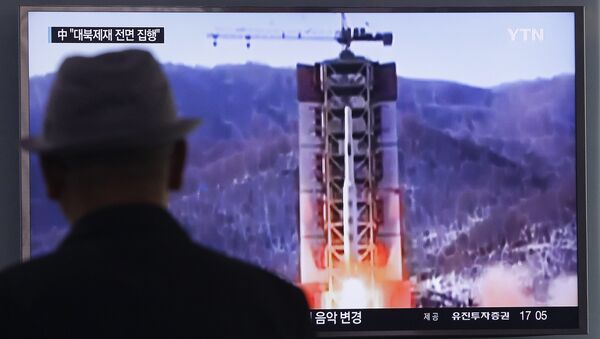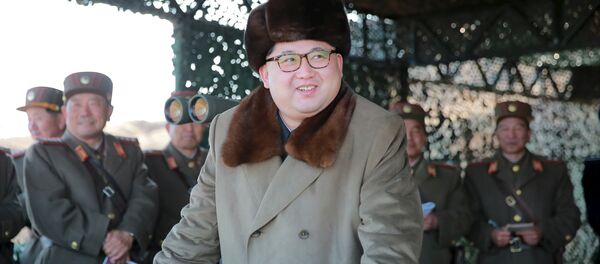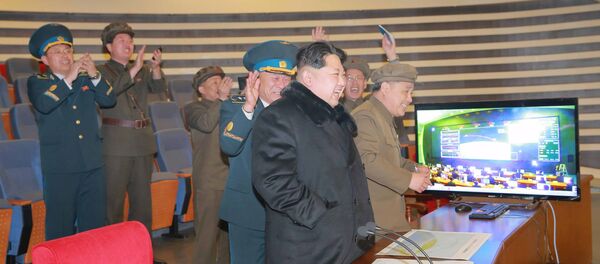South Korea and Japan decided on Thursday to restart negotiations for a long-delayed military-intelligence sharing treaty.
Regional media speculated that the shared history of the two nations, including a 20th century occupation and colonization of Korea by Japan, impeded the closure of the agreement. Last April, South Korea stated that conditions to sign the deal were yet to be reached.
A new push for GSOMIA talks has now been made in the wake of a string of underground nuclear detonations by North Korea. Pyongyang has exploded five nuclear bombs, most recently on September 9, and the most powerful to date.
On Thursday, the Japanese government prompted South Korea to return to the negotiating table. Later that day, South Korean news agency Yonhap cited a high-profile defense official, who said that Seoul is ready to renew talks, noting that they “will not take long.”
“Information-sharing among South Korea, the United States and Japan can’t be further delayed after North Korea’s nuclear and missile threats have become real ones,” an official told Yonhap, on condition of anonymity.
GSOMIA suggests that the sides will directly exchange data on DPRK nuclear weapons development, without the participation of third parties. Since 2014, Japanese and Korean militaries have been sharing information through the Pentagon.




